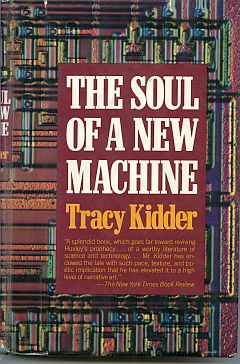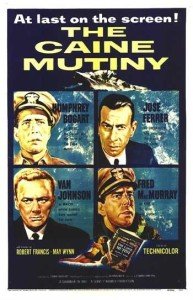There are many versions of this story, which is often attributed to Ronald Reagan, but it also serves as a good metaphor for those in Product Development.
There are twin boys of five or six. Mom was worried that the boys had developed extreme personalities — one was a total pessimist, the other a total optimist — their parents took them to a psychiatrist.
First the psychiatrist treated the pessimist. Trying to brighten his outlook, the psychiatrist took him to a room piled to the ceiling with brand-new toys. But instead of yelping with delight, the little boy burst into tears. “What’s the matter?” the psychiatrist asked, baffled. “Don’t you want to play with any of the toys?” “No,” replied the pessimist, “I want a pony.”
Next the psychiatrist treated the optimist. Trying to dampen his outlook, the psychiatrist took him to a room piled to the ceiling with horse manure. But instead of wrinkling his nose in disgust, the optimist emitted just the yelp of delight the psychiatrist had been hoping to hear from his brother, the pessimist. Then he clambered to the top of the pile, dropped to his knees, and began gleefully digging out scoop after scoop with his bare hands. “What do you think you’re doing?” the psychiatrist asked, just as baffled by the optimist as he had been by the pessimist. “With all this manure,” the little boy replied, beaming, “there must be a pony in here somewhere.”
Very often the trick is indeed finding the pony!



